Overview
Data science is advancing scientific discovery in multiple ways, from protein folding to galaxy formation. Furthermore, it evidences the social mechanisms within scientific institutions more apt for innovation. To what extent, then, can data science elicit a radical restructuring of scientific practice? Can we harness its full potential? In this colloquium we will explore the promises data science has for scientific inquiry while also taking a critical view on the processes of science-making and data extraction, analysis and implementation. Join us to engage with the data science of science and the science of data science through workshops and an afternoon of talks by guest speakers.
Co-sponsored by: Center for Ethics, Society, and Computing; Department of Complex Systems
Speakers and Program
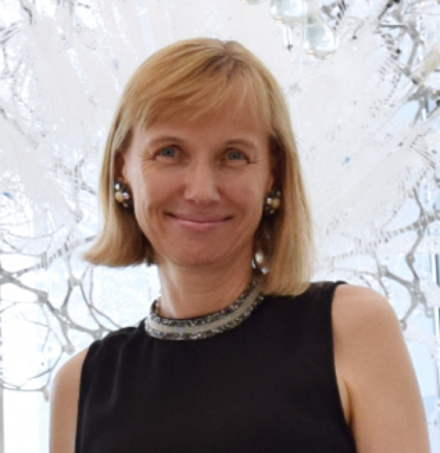
Katy Börner, Victor H. Yngve Professor of Engineering & Information Science, Distinguished Professor of Engineering & Information Science, Cyberinfrastructure for Network Science (CNS) Center Director, Adjunct Professor of Informatics, Core Faculty of Cognitive Science, Adjunct Professor at the Department of Statistics in the College of Arts and Sciences, Research Affiliate of the Biocomplexity Institute, Indiana University Bloomington.
Katy Börner, professor of information science at Indiana University in Bloomington, uses visualization techniques to study the structure of scientific ontologies and the systems through which scientific collaboration is carried out. Professor Börner is the curator of Places and Spaces: Mapping Science, a comprehensive exhibit mapping ideas, organizations, and infrastructures in science and technology.
The University of Michigan installment of the Places and Spaces exhibit can be viewed in the Clark Maps Library on the second floor of Hatcher Graduate Library until November 23rd! To commemorate the launch of this new iteration of the exhibit, Dr. Börner will present a public lecture titled Science Maps and Macroscopes 3:00PM-4:00PM on September 30th in the Clark Presentation Space in Hatcher Graduate Library.
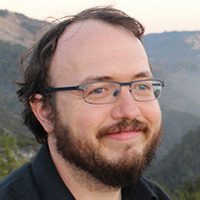
Jacob Foster, Associate Professor of Sociology, Faculty Advisor, Special Advisor to the Vice Chancellor, UCLA;
Jacob Foster, associate professor of Sociology at UCLA, studies knowledge production from a computational viewpoint. His interests span collective intelligence, the adoption of ideas, the conditions that produce innovation in science, and the cultural dynamics around the creation and use of technological objects. He is the Co-Director of the Diverse Intelligences Summer institute, a program for academic exploration on all forms of social, biological, and artificial intelligence.
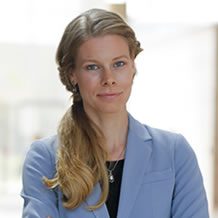
Ágnes Horvát, Associate Professor of Communication and Computer Science, Northwestern University
Ágnes Horvát is an Assistant Professor at Northwestern in the Department of Communication Studies, (by courtesy) the Computer Science Department of the McCormick School of Engineering, and (also by courtesy) the Department of Management and Organizations of the Kellogg School of Management. Her research seeks to measure, understand, and forecast the collective behaviour of networked crowds in large-scale socio-technical systems.
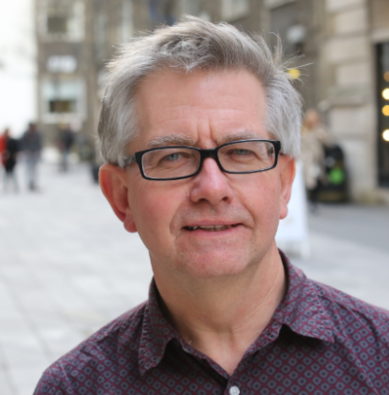
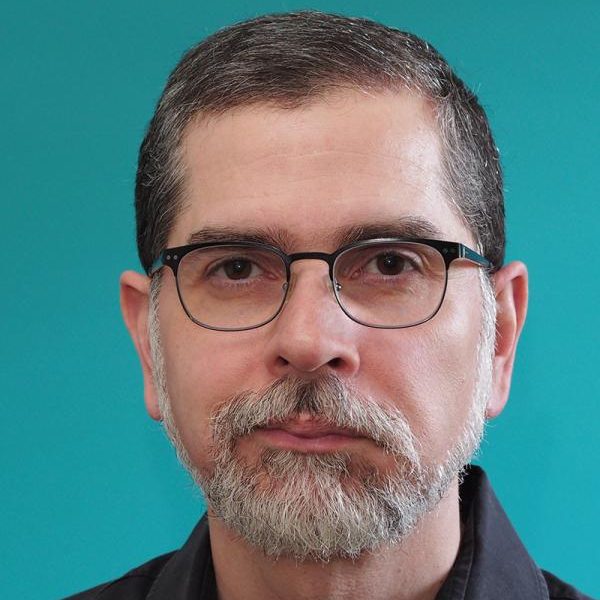
Nick Couldry, Professor of Media, Communications, and Social Theory at the London School of Economics; & Ulises Mejias, Professor of Communication Studies at SUNY Oswego;
Nick Couldry and Ulises Mejias are the authors of The Costs of Connection: How Data is Colonizing Human Life and Appropriating it for Colonization.
In their work they study the harms in data extraction and datafication, and through the Tierra Común network engage with communities, academics, and activists to reclaim data for a socially aware and ethical purpose. Tierra Común brings together activists, citizens and scholars who want data to be decolonized and rejects data colonialism as the latest manifestation in modernity of the Global North’s desire for domination.
Faculty Conversation Laboratory
The “conversatory” (conversation laboratory) will be a space for in-depth discussion and participation attended by the guest speakers and geared towards faculty, postdocs and researchers. In this session we will discuss as a scientific community challenging questions surrounding the colloquium theme. Participants will work through a specific idea in interest based teams, formulate a plan of action, and present it for discussion and consideration to the general group. The goal of the conversatory is to be a stimulating environment to generate novel and risky ideas, as well as to establish new collaborations and research avenues.
Organizers

efrén cruz cortés
Michigan Data Science Fellow & Lecturer in Complex Systems
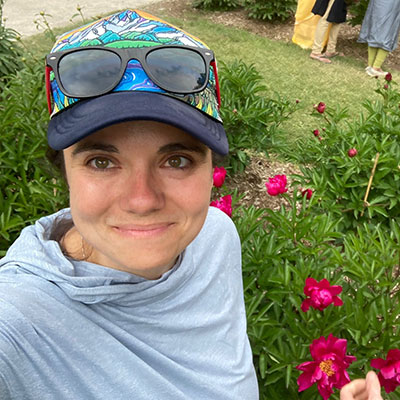
Elyse Thulin
Michigan Data Science Fellow & Postdoctoral Fellow, Department of Psychiatry
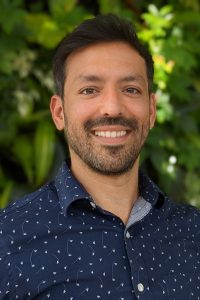
Bernardo Modenesi
Rocket Companies Michigan Data Science Fellow
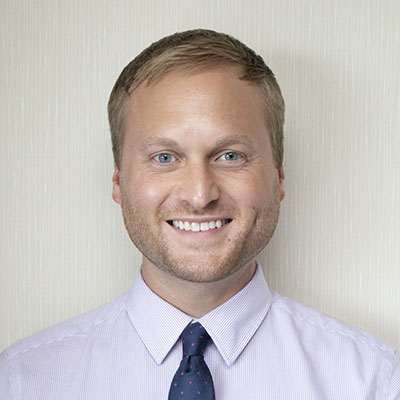
Shane Redman
Senior Scientist, MIDAS


